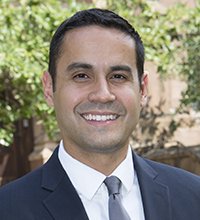Church Anew Blog
Get Updates in Your Inbox
Want to stay up-to-date with the Church Anew Blog? Sign up for our weekly blog round-up.
The Source and End of Unity and Belonging
When reading Paul’s letters, the exegetical and theological mistakes we might make are numerous and often tragic, as we all know. The list of insights is significant, of course, but so too are the distracting detours and the deadly interpretations.
EXPLORE OUR ARCHIVE OF ARTICLES FROM
Walter Brueggemann
Get Updates in Your Inbox
Want to stay up-to-date with the Church Anew Blog? Sign up for our weekly blog round-up.





